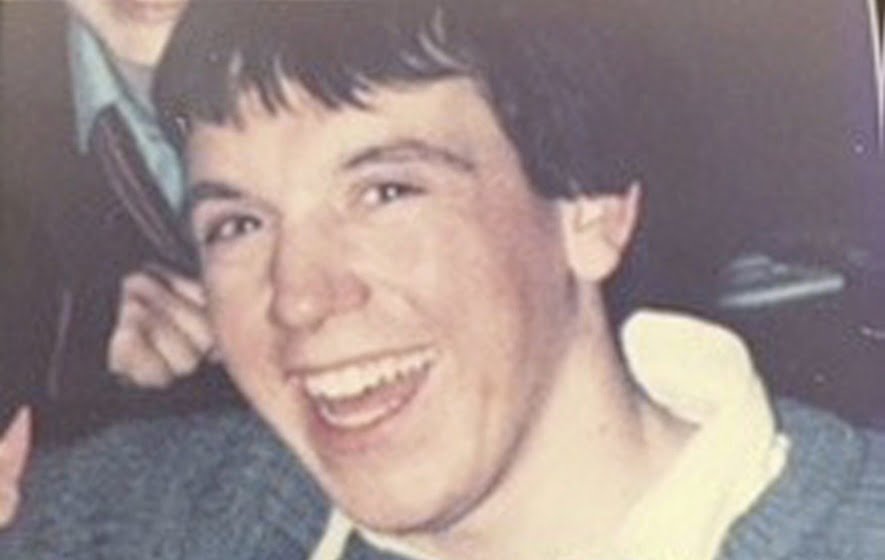The inquest into the death of Francis Bradley continues in Coleraine. Yesterday, the 14th of March, the coroner heard evidence from Soldier A, a member of the Specialist Military Unit (SMU).
On the 18th of February 1986, a group of five soldiers (known in this inquest as Soldiers A-E) were deployed as part of an operation supposedly aimed at apprehending suspected gunmen. Soldier A was the patrol commander, and it was during this operation that Francis Bradley was shot and killed.
When setting up the operation, Soldier A instructed the soldiers to hide behind a hedgerow and observe a field where the soldiers have alleged they expected illicit weapons to be moved. Francis Bradley entered the field, where soldiers claim he picked up a gun and began to walk away from the soldiers. Soldier A then yelled ‘Halt,’ and fired one shot at Francis Bradley. Soldier C then fired a total of 20 shots at Mr Bradley.
Soldier A claimed that he was justified in shooting because Mr Bradley posed a threat to the soldiers; but David Sharpe KC, counsel to the coroner, suggested that ‘at the time [Soldier A] shouted halt, the only one whose life was in danger was Mr Bradley.’ Although Soldier A tried to argue, Mr Sharpe was clear: ‘You had the drop on him. You effectively had him in ambush.’
Most damningly, Soldier A said that police included false information in his 1986 witness statement. According to the original statement, after Soldier A shouted ‘Halt’:
Francis Bradley ‘turned sharply as if to confront me and I saw the rifle was now in both hands, traversing in an aggressive manner, in our direction.’
However during this evidence, Soldier A admitted that Francis Bradley never came toward the soldiers. He wasn’t even able to finish turning around before Soldiers A and C shot him.
Soldier A shouting ‘Halt’ has been criticised throughout the inquest. Guidance issued to soldiers indicated that a verbal challenge should: identify the soldiers as military; instruct the person to stop; and state the consequences for not following the orders. Soldier A failed to include the two most crucial elements. When Soldier A claimed that he could not finish because he believed Mr Bradley was a threat, his evidence began to collapse. He contradicted himself and expert evidence; and instead of providing substantive answers to many of the lawyers’ questions, he repeated that ‘he was a terrorist, there’s always a threat.’
After questioning from Karen Quinlivan KC, who represents Francis Bradley’s family, Soldier A admitted that Francis Bradley never pointed a weapon at the soldiers.
This evidence comes during a gruelling week, which heard evidence from several experts and former investigators. After today’s evidence, the inquest will adjourn until April.











